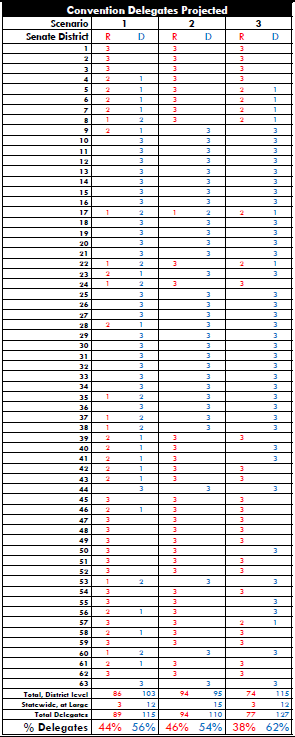This post, written by Dr. Gerald Benjamin, was originally published on the Rockefeller Institute of Government’s blog. It is reposted here with permission, click here for the full text.
On March 27, 2017, the Ulster County legislature unanimously passed Resolution 97 authorizing its chairman “… to request the New York State Legislature to commence the process of extending the Ulster County additional sales tax rate of one percent … for at least the twenty-four month period commencing December 1, 2017.” At stake: estimated annual revenue of $23.8 million for the county, $3.2 million for the city of Kingston, and $835,000 for the county’s towns. For the county and the city, these are big numbers. The potential loss of this revenue if the additional taxing authority were not extended would leave a gaping hole in annual operating budgets.
The county’s request was forwarded to eight state legislators with some part of Ulster County in their districts: Senators George A. Amedore, John J. Bonacic, William J. Larkin, Jr., and James L. Seward; and Assemblypersons Kevin A. Cahill, Brian D. Miller, Peter D. Lopez, and Frank K. Skartados. In response, Senator Amadore introduced a bill (S5568) on April 13, 2017, and Assembly Cahill introduced a companion bill (A7409) on April 25, 2017, as requested, to extend additional sales tax collection authority for another two years.
Shortly thereafter, the Ulster County Legislature in Kingston passed a second resolution (Resolution 222) specifically requesting enactment of the Senate and Assembly bills. The county legislature is closely divided politically, but again sponsorship was bipartisan, and the vote was unanimous. County Executive Michael Hein signed off immediately, and the results were sent to both state legislative houses the next day.
Read more.






